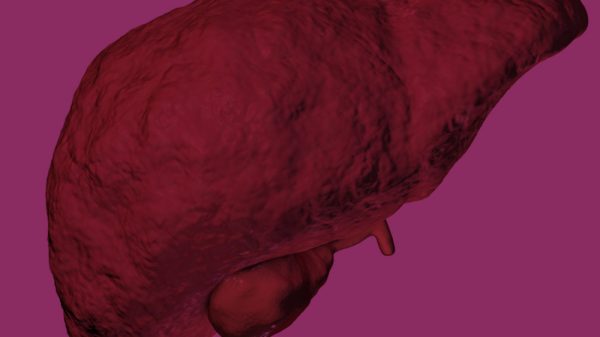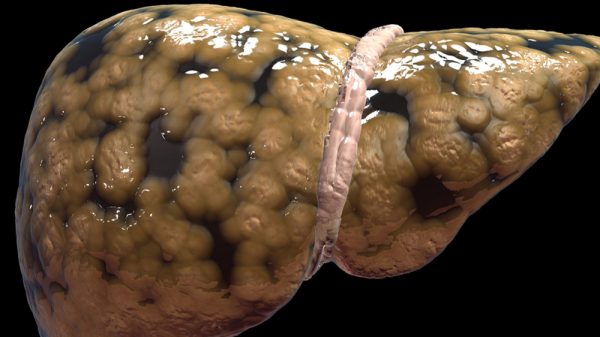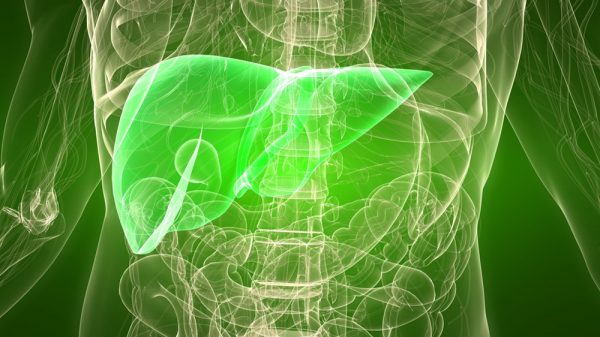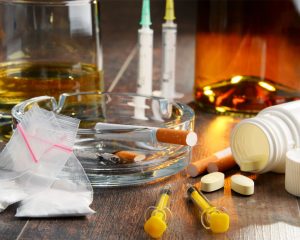Substance abuse disorder has a serious condition that can lead to long-lasting physical and psychological damage. There are many steps you can take to manage substance use disorder, but prevention is also an extremely effective strategy. So, how can you learn about prevention techniques to help make decisions against drugs or influence the younger generation to choose against trying drugs and alcohol? Here we go through what you need to know about substance abuse prevention tips.
1. Surround Yourself with Sober People
The people we choose to surround ourselves with have a significant influence on our decisions and how we lead our lives. In order to help make better decisions and encourage substance abuse prevention, choose a healthy community of sober friends. If you are raising a teenager, encourage your child to hang out with other teens who aren’t doing drugs. Having supportive friends is an important part of prevention efforts that helps individuals – especially teenagers- build self-esteem, stand up to peer pressure, and practice good decision-making.
2. Push Yourself Out of Your Comfort Zone
Many people might experiment with drugs and alcohol out of curiosity and a desire to try something different. However, there are many other ways to achieve a natural high without putting your health and well-being at risk. Start by making a bucket list of things you want to try, accomplish, and learn in life. For example, maybe you want to travel to another country and go backpacking. Maybe you want to try skydiving. Or, maybe you want to learn a new skill like speaking another language or learning how to rock climb. All of these activities push you out of your comfort zone and create meaningful experiences that are more fulfilling than drug and alcohol use.
3. Fill Your Schedule
Keeping your schedule filled with meaningful activities is helpful for avoiding drug and alcohol use, for older adults, young adults, adolescents, and children.
4. Actively Work on Resolving Mental Struggles
If you are struggling with psychological issues, trauma, abuse, or any other challenging situation, it’s best to seek help immediately. Ignoring serious issues and suppressing your emotions can increase the risk of alcohol and drug abuse. Reach out to a trusted friend, family member, or mental health provider to figure out what’s going on and work through any issues you might be struggling with.
5. Address Mental Health Symptoms
If you or a loved one are experiencing and exhibiting signs and symptoms of a mental health disorder, it’s critical to seek medical attention as soon as possible. Ignoring and mental illness can have dire consequences, and untreated mental health issues can increase the risk of abusing alcohol and drugs.
6. Educate Yourself About the Effects of Drugs and Alcohol
Being aware of the effects of drugs and alcohol on your physical and mental well-being is a powerful substance-abuse prevention tip. Drugs and alcohol use can result in structural changes in the brain as well as damage to organs like the liver and heart. Substance use can also severely impact your mental health, resulting in psychosis, depression, and anxiety, depending on the substance used.
7. Understand Risk Factors
Knowing the risk factors for substance use can help you address them before they lead to negative outcomes. Here are a few risk factors that increase the risk of substance use among young people, according to the Centers of Disease Control and Prevention fact sheet: (1)
- Family history of drug and alcohol use
- No parental oversight
- Substance use in friend group
- Substance use in family
- Mental health struggles
- Childhood trauma
8. Manage Stress
After a long, stressful day at work, do you reach for a glass of wine to soothe your nerves? Instead of reaching for alcohol, work on your stress management techniques. Being equipped with better coping mechanisms is an excellent substance abuse prevention strategy. Activities like yoga, meditation, and deep breathing are critical for warding off anxious thoughts and helping you recenter.
9. Nutrition and Exercise
Nutrition and exercise support your health and well-being, both mentally and physically. When you feel healthier, you are at a lower risk of using drugs.
The foods you eat support your physical health, while also helping you feel your best mentally. Here are a few adjustments you can make to your diet to support mental and physical well-being:
Getting More Fruits and Veggies
Fruits and vegetables are packed with micronutrients like antioxidants, vitamins, and minerals that the body needs to repair damaged tissues and reduce oxidative stress. Micronutrients support the immune system and healthy brain function. Reach for fruits and veggies like broccoli, spinach, sweet potatoes, berries, apples, and oranges.
Getting Plenty of High-Quality Protein
High-quality protein offers optimal ratios of essential amino acids, which the body needs to build muscle tissue. Excessive drug and alcohol use often results in serious weight loss and muscle wasting. As part of the recovery process, eating plenty of high-quality protein can help you regain healthy weight and muscle mass. Moreover, getting balanced ratios of essential amino acids can support liver health, fight fatty liver disease, and help support healthy neurotransmitter production.
Omega-3 Fatty Acids
Omega-3 fatty acids are a type of polyunsaturated fat that fight inflammation and support healthy brain function. You can get omega-3 fatty acids from foods like salmon, mackerel, chia seeds, flaxseeds, walnuts, and pecans.
10. Community and School Services
In your community, there are public health services and organizations available to help support substance abuse prevention. These resources are especially valuable for caregivers, parents, and high school teachers to support prevention programs and support programs for children and adolescents. If you have questions about prevention resources, contact your local school or community center.
11. Know Protective Factors
Just as there are risk factors for drug abuse, there are also protective factors. The CDC also provides factors the help adolescents choose against drugs: (1)
- Parental and family involvement
- Family support
- Engagement at school
12. Early Intervention
If you or a loved one does start using drugs or alcohol, early intervention is key to preventing the condition from getting out of control. As soon as you recognize signs of substance misuse, it’s critical to seek help immediately.
13. Limit Prescription Drug Use
Prescription drugs are sometimes the introduction to substances. Experiencing a severe injury or undergoing surgery often means that your health care provider will prescribe strong painkillers like opioids. If you are in this position, always aim to take as little as possible, and only take the medication as directed. If possible, avoid refills.
Substance Use Prevention Resources
If you are worried about substance use for yourself or a loved one, it’s important to have resources on hand for support.
- Your doctor: Your primary care physician can assess your symptoms and provide referrals to mental health services, behavioral health support, and treatment options.
- SAMHSA: The Substance Abuse and Mental Health Services Administration is part of the U.S. Department of Health and Human Services and provides support for and resources through the Center for Substance Abuse Prevention. (2)
- NIDA: The National Institute on Drug Abuse provides information, research, and training. (3)
Key Takeaways: Substance Abuse Prevention
Substance abuse is rampant in the United States and it destroys communities. Intervening in early childhood and adolescence can help prevent substance use. Prevention programming, a supportive social atmosphere, and mental health treatment are all important for instilling healthy habits and discouraging substance use.
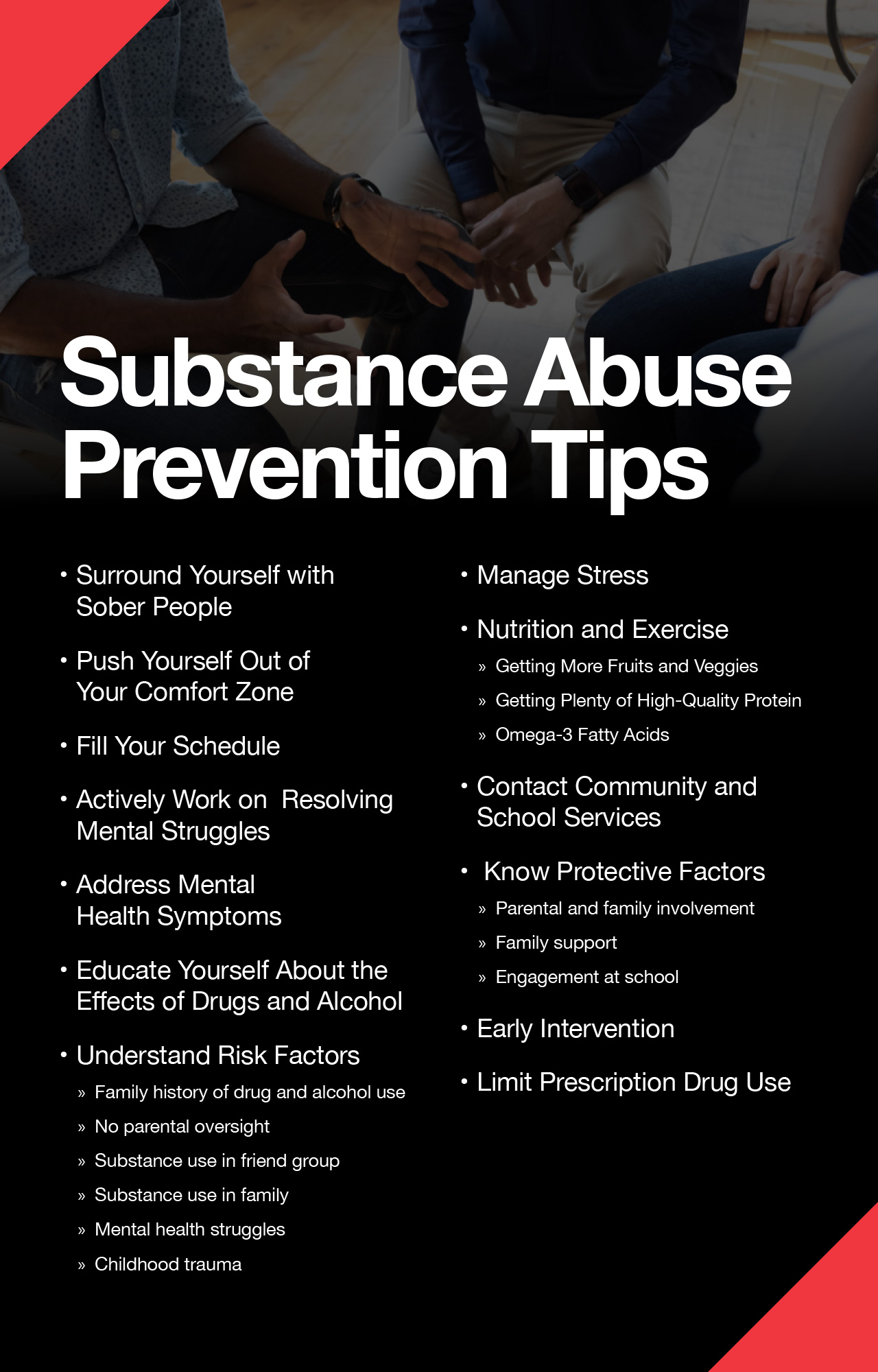
References:
(1) https://www.cdc.gov/healthyyouth/substance-use/index.htm
(2) https://www.samhsa.gov/about-us/who-we-are/offices-centers/csap

